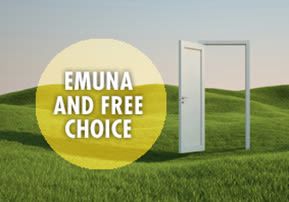
Emuna and Free Choice
As much as we may try to live with simple emuna, there are issues which can puzzle us. One of them is the nature of free choice and if we really have free choice at all...

One of the beauties of Breslev is its focus on emuna (faith) as part of a healthy spiritual diet for every individual. As much as we may try to live with simple emuna, there are issues which can puzzle us. One of them is the nature of free choice and if we really have free choice at all. I would like to address this question from a somewhat different angle than usual. I’m not going to claim that I can clarify this matter better than the many authors and philosopher who have already struggled over these delicate issues. But I think based on a certain perspective of emuna, we might gain some new insights and resolve.
A few years ago, I discussed the topic of free choice with Rabbi Dr. Dovid Gottlieb from Jerusalem who, besides being very learned in Torah subjects, is a professor of philosophy. He told me, at that time, that the academic community had not reached a definitive conclusion on the subject. I would like to suggest possibly why.
When we ponder the topic of free choice, it always seems so difficult to prove one way or another. How many discussions have we each had grappling with this problem? On the other hand, in day-to-day living, we have all had the experience of making good and not so good choices. “I can’t believe I…” etc. In short, intellectually we often are stumped about concrete proof but experientially we live with the reality and consequences of having choice. Why this dichotomy?
We humans process the world in different ways. We use our minds to analyze and draw conclusions about reality. Additionally, we use our feelings and senses to define the guidelines of our lives. For example, why is killing wrong? Our minds tell us an assortment of reasons: if there is random murder, 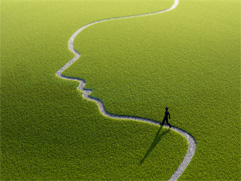 society would become chaotic, we wouldn’t want it done to us, etc. But on an emotional, experiential level, our feelings scream (hopefully) that it’s simply wrong. It doesn’t need proof, our humanness reflects the truth.
society would become chaotic, we wouldn’t want it done to us, etc. But on an emotional, experiential level, our feelings scream (hopefully) that it’s simply wrong. It doesn’t need proof, our humanness reflects the truth.
Our minds are a tool, given by Hashem, in order to analyze, clarify, and draw conclusions about our world. But logical conclusions do not define the bottom line of the human condition. Even if we can’t intellectually prove that murder is wrong, we still live with the knowledge that it’s wrong, with a capital “W”. That inner voice which ultimately defines our world of truth is what we call the neshama– the G-dly soul. It is a voice which, when we let it “talk”, fills our life with truth and light. When it is silenced, darkness ensues.
On a purely intellectual level, free choice can be difficult to prove. The reason is that such an approach only utilizes the mind as a computer. In the same way a computer can’t determine or legislate morality, so too the human mind can only analyze the factors that comprise the question. This could be the reason that the academic community is still struggling over these issues. In general, they don’t factor in the reality and truths of the soul.
On the other hand, when we are in touch with our G-dly souls the picture of our success and failures, our better and our poorer choices reflect the reality that we live with: that free choice is part of the human condition.
So, in a certain way, the real choice of free choice is to choose who we are. Are we our brains, the analytical part of our being, or are we our souls with its sense of right and wrong, good and bad, light and darkness? Undoubtedly, even if we say that our essence is our soul, our intellect abilities are essential to keep our feelings grounded. We all know too well what happens to society when religious fervor is not tempered and kept in check by intellectual rigor and self-analysis. However, we are equally aware of what happens when a society relies solely on logic without a sense of deeper morality. Our world reflects such confusion, where almost everything is acceptable since the only bottom line of morality is whatever every individual posits.
What does this have to do with emuna? The more we are in touch with the reality that we are Hashem’s children and that the soul He placed in us is the true source of light, the more we can live life being aware that we are constantly challenged to make choices that bring us closer to our essence, each other, and Hashem. The absence of emuna leaves us in a world which, guided almost solely by our intellect, leaves us with the doubts and confusions of life. It makes us feel that we are little more than computers processing the inputs and outputs of life and, obviously, with more or less the amount of free choice of a computer.
May Hashem grant us the wisdom to decipher the complicated issues of life, particularly by using the guiding light of the holy soul that He placed within each one of us.
* * *
Rabbi Dovid Charlop is on the teaching staff of the Neve Tzion Yeshiva in Telzstone, Israel. You can see more of Rabbi Charlop's articles here.






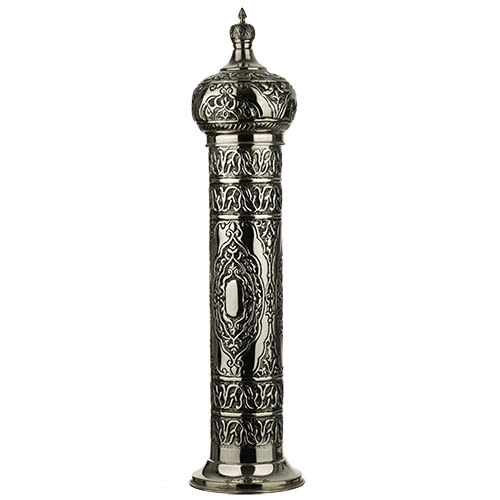
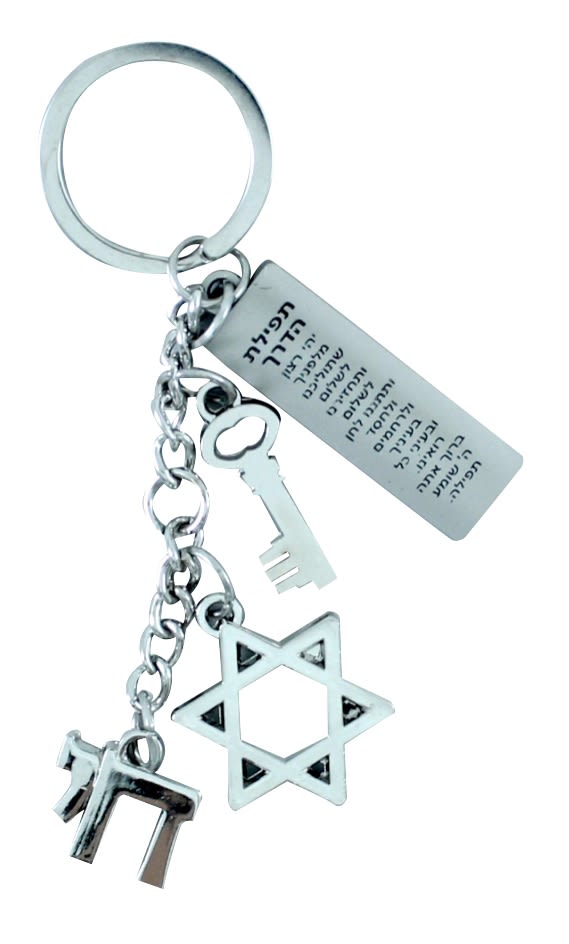
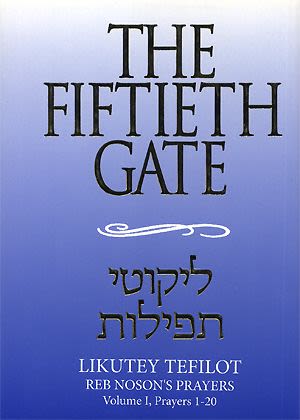
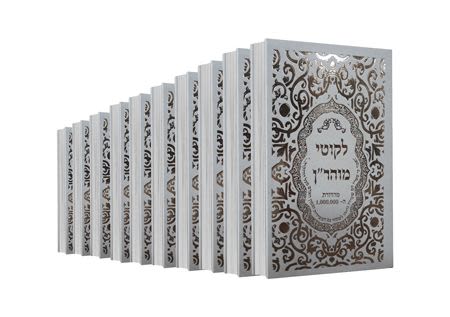
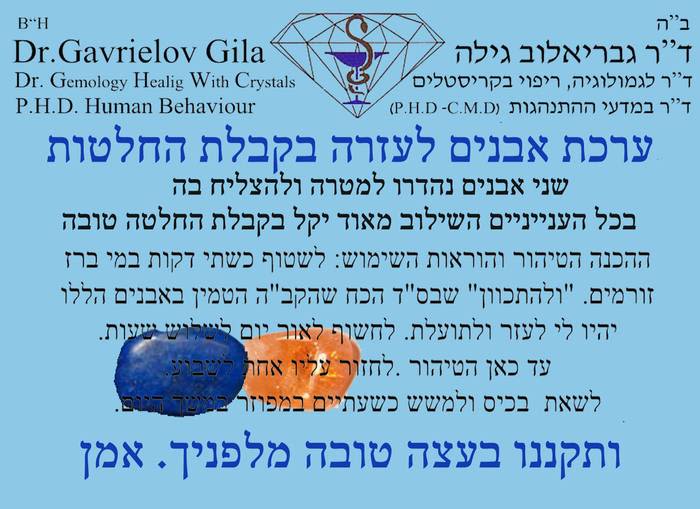
Tell us what you think!
Thank you for your comment!
It will be published after approval by the Editor.